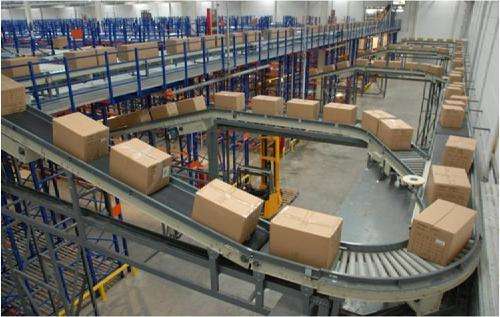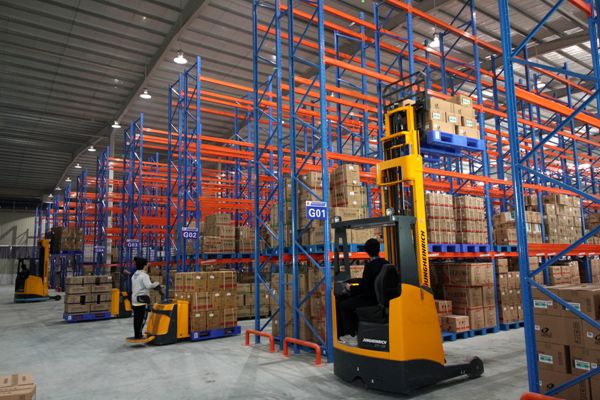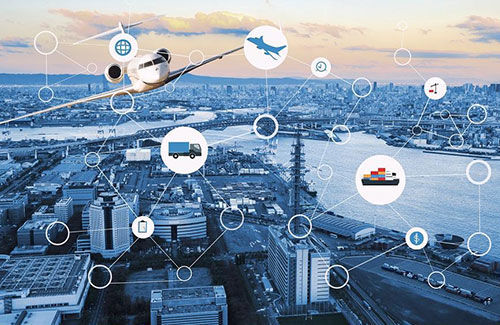What is the difference between logistics companies and modern logistics
Many people do not know the difference between logistics companies and modern logistics, nor do they know which one to choose. Let's take a look at the editors of Thai logistics companies.
Logistics refers to the entire process of planning, implementing, and managing raw materials, semi-finished products, products, and related information from the origin to the place of consumption at the lowest cost through transportation, warehousing, distribution, and other means to meet customer needs.
Logistics composition: transportation, storage, packaging, loading and unloading, circulation, processing, and related logistics information of goods.

The specific content of logistics activities includes: user service, demand forecasting, order processing, delivery, inventory control, transportation, stacking management, factory and yard structure and location, loading and unloading, procurement, packaging, and spy information.
Modern logistics not only needs to consider the distribution of products from producers to consumers, but also the procurement of raw materials from suppliers to producers, as well as the transportation, storage, and information of producers themselves in the product manufacturing process, in order to comprehensively improve economic efficiency and benefits. Therefore, compared with traditional logistics, modern logistics is a comprehensive market condition for manufacturing, transportation, and trafficking. Compared with traditional logistics, it is only a "logistics support system" and "acts as a bridge for human trafficking". The strategic approach to meeting consumer needs has deeper and broader connotations.

In the era of microelectronic commerce, the core goal of modern logistics services is to meet customer needs at the lowest comprehensive cost throughout the entire logistics process. Modern logistics has the following characteristics: e-commerce is closely integrated with logistics. Modern logistics is the unity of logistics, information flow, capital flow, and talent flow. Modern logistics is the unity of logistics, information flow, capital flow, and talent flow. The core goal of modern logistics is to meet customers' needs for the lowest comprehensive cost throughout the entire logistics process. Microelectronics business logistics is a combination of informatization, automation, networking, intelligence, and flexibility. Standardization of logistics facilities and packaging, socialization of logistics, and universality are also new features of logistics models in microelectronics business.
With the continuous development of micro e-commerce, the logistics industry is re emerging. The services provided by the logistics industry in the United States have far exceeded the scope of warehousing, distribution, and transportation services. Logistics companies are increasingly providing value-added services such as warehousing, distribution facilities, maintenance services, and electronic tracking. Providing new services to customer service centers, processing and maintenance centers, information processing centers, and financial centers based on customer needs is an increasingly important concept.

Compared with the logistics industry in developed countries, China's logistics industry is still in its early stages of development. The important characteristics of its development are: firstly, enterprise logistics remains the focus of logistics activities in the whole society, and the demand for specialized logistics services is beginning to show that the growth level of logistics activities in China is still relatively low. Strengthening internal logistics management of enterprises is still the second priority of logistics activities in the whole society. Specialized logistics enterprises emerged earliest, and diversified logistics services have also to some extent moved away from the self-service logistics activity mode of enterprises. Developing third-party logistics is an urgent task for the development of China's logistics industry.
 中文
中文 THI
THI EN
EN
